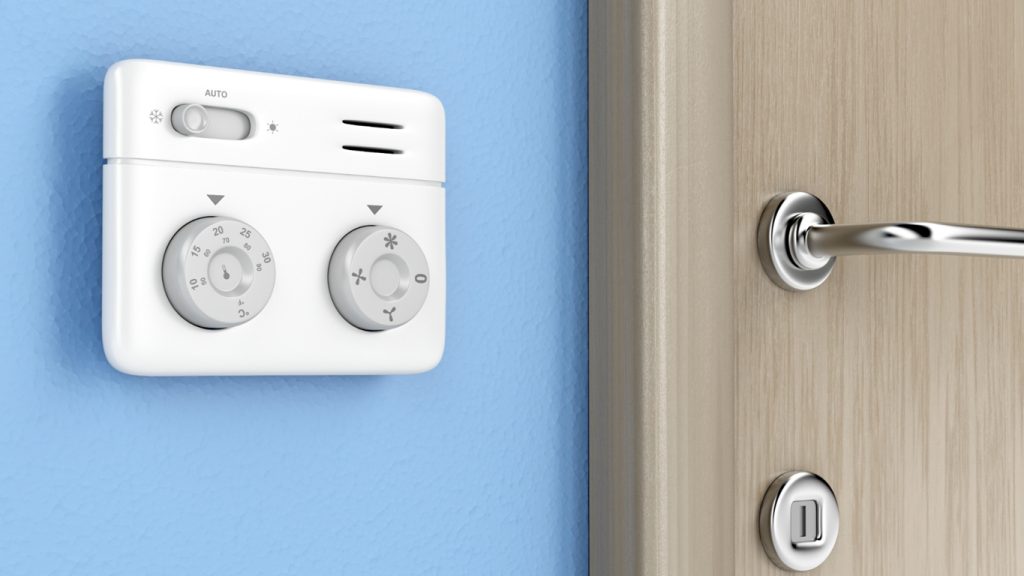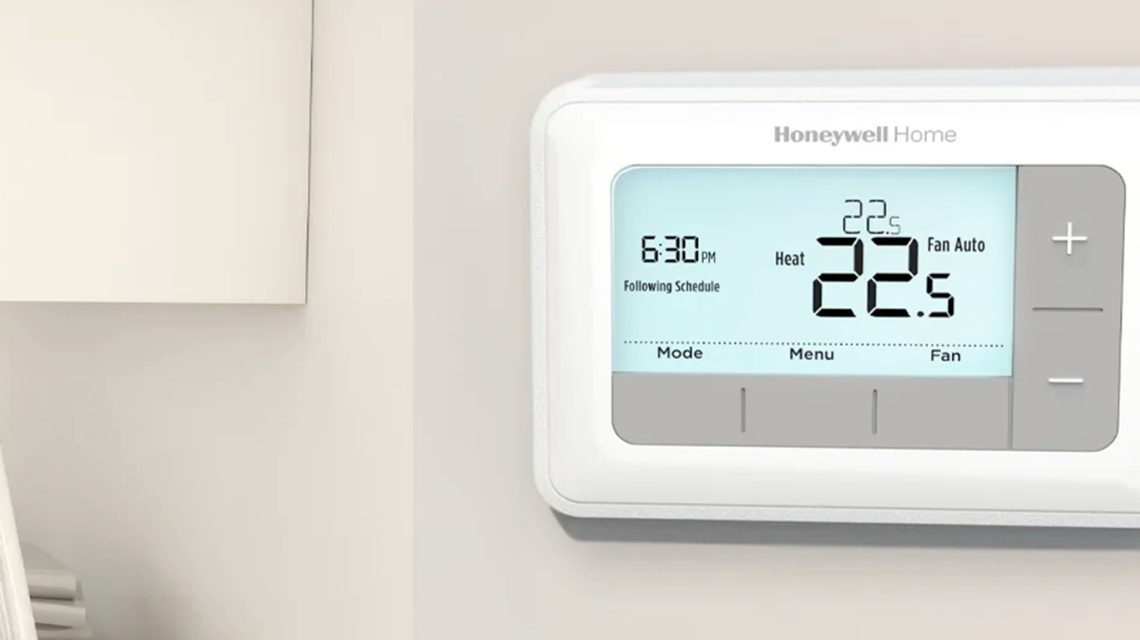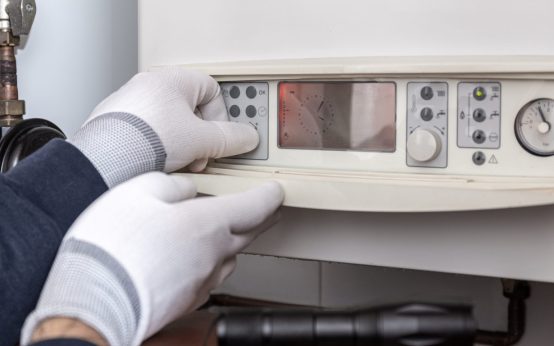Both programmable and smart thermostats provide an excellent way to reduce energy costs and maintain a comfortable temperature in your home. Unlike traditional manual thermostats, which require manual adjustments throughout the day, these modern thermostats automatically adjust the temperature based on pre-set schedules or learned behaviors.
Key Differences and Benefits
If you’re currently using a manual thermostat and contemplating an upgrade, it’s crucial to understand the differences between programmable and smart thermostats. Here’s a breakdown of their features and benefits to help you decide which option best suits your needs.
Programmable Thermostats
Programmable thermostats enable you to set specific temperatures for different times and days of the week. This capability makes them just as efficient as smart thermostats in enhancing your home’s energy efficiency. There are various types of programmable thermostats available: some allow customization for all seven days, while others let you adjust settings for weekdays versus weekends. For instance, if your family is away during the day, a programmable thermostat can lower the temperature to save energy, ensuring that your heating and cooling systems aren’t working unnecessarily.
When utilized correctly, programmable thermostats can lead to savings of up to 20% on your energy bills.

Smart Thermostats
Smart thermostats take functionality a step further. They adapt to your preferences by learning from your temperature adjustments and can begin making these changes autonomously. With Wi-Fi connectivity, you can control smart thermostats remotely using a smartphone, tablet, or computer. Additionally, they track and analyze your energy consumption data, providing insights that can help optimize your HVAC system’s efficiency.
Like programmable models, smart thermostats can also save you around 20% on energy costs when used effectively.
Which Option Is Right for You?
Both programmable and smart thermostats present viable options for reducing energy expenses. The choice ultimately depends on your lifestyle and preferences. Smart thermostats typically come with a higher price tag due to their advanced features. If you value the convenience of remote control and have a fluctuating schedule, a smart thermostat may be ideal for you. Conversely, if you often forget to adjust the thermostat before leaving for work, a programmable thermostat can efficiently manage your home’s temperature without the added complexities.



 Choosing the Right Thermostat for Your Home
Choosing the Right Thermostat for Your Home